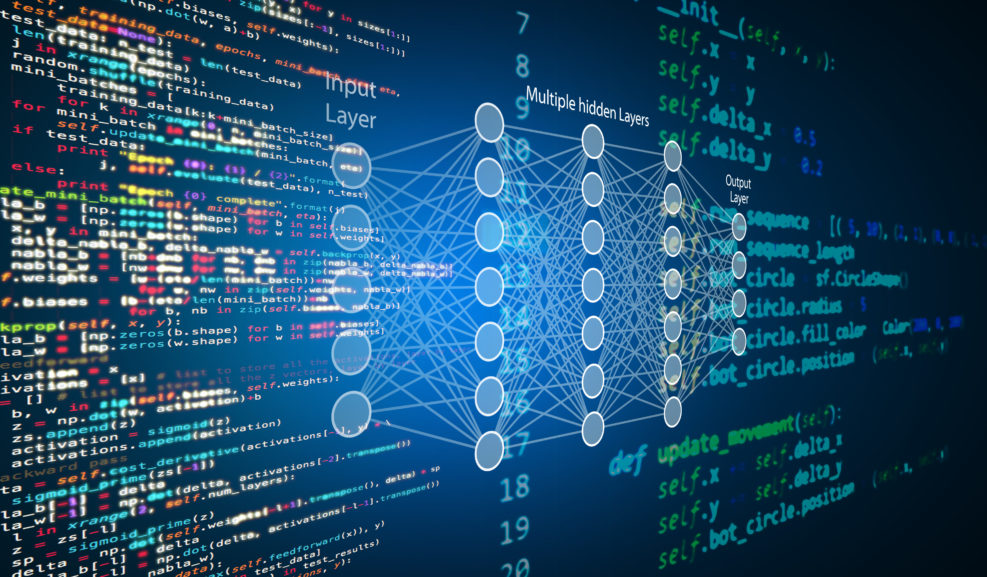
Can AI Ever Be Sentient? A Conversation with Blake Lemoine
AI can mimic sentience, but can it ever be sentient? On this episode, we return to our conversation with former Google engineer Blake Lemoine. Host Robert J. Marks has a lively back and forth with Lemoine, who made national headlines when, as an employee of Google, he claimed that Google’s AI software, dubbed LaMDA, might be sentient. Lemoine recounts his experience at Google and Read More ›












